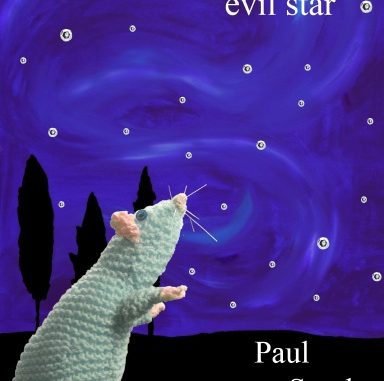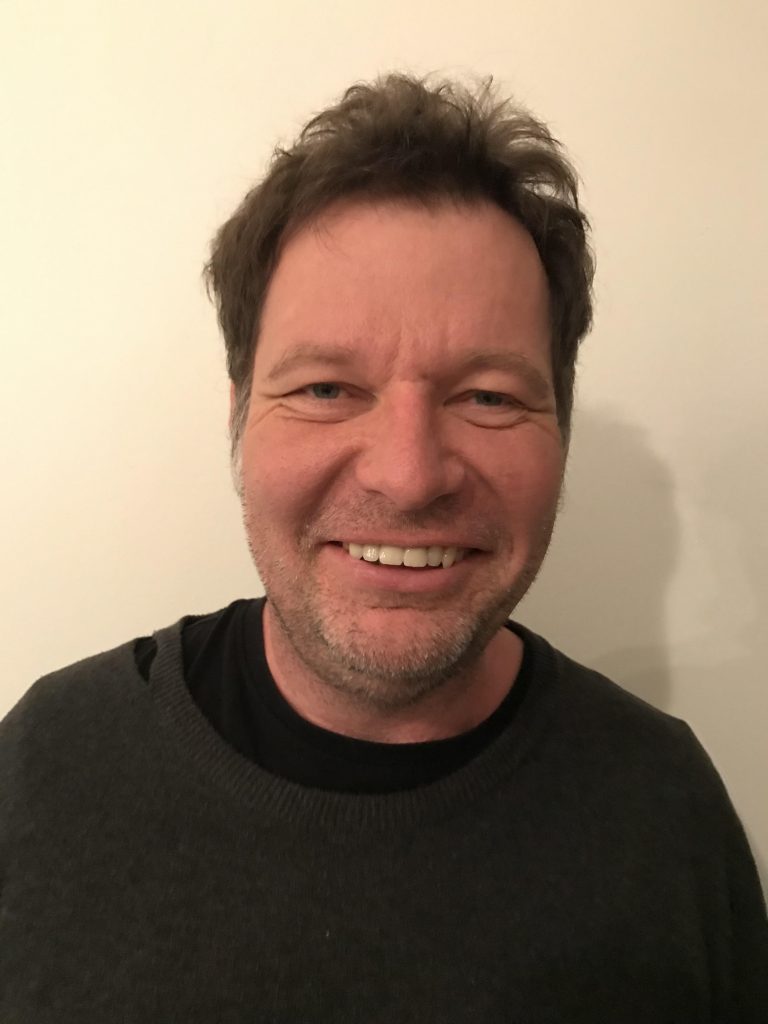
In 2010, when I applied to study writing at university, it was a requirement for the applicant to attach a few pages of their writing. I submitted three poems – basically diary entries about my rat’s death, which I had broken into lines down the left-hand side of the page. Weeks later, I received a letter of acceptance. The head of the department made a point of saying that I had a “lovely natural voice” and I should “take care never to lose it.”
I was very flattered but also confused. What was a natural voice? I recall asking people, but they all gave me overly simple definitions, such as plain-spoken or relaxed. I looked it up on the net. Nothing. Since then, I have come to see it as a vague term, probably a local term, that each interested party must make their own conclusions about.
Having said that, I’ll now offer you up a whole bunch of advice and philosophical flourishes about natural voice.
- Write a lot of journals. If you write enough, you will tire of your devices and let them go at times. Also, if you write in the early morning or late at night when you’re tired, you’ll be unable to be so clever. Then your real self will shine through.
- Whilst regularly practising your form (mine is poetry), also keep a journal. This journal is where you practice listening to yourself. It takes a while, but you will start to tell the strained voice from the easy and the true one from the false.
- Journaling (again). If the writing is try-hard, I keep going until it’s not. It becomes easier in the end to detect and correct it. I keep going until I am myself again.
- Be on the watch for clever or insincere thoughts and avoid them. I’ve developed an excellent bullshit detector over the years – for my own and other people’s writing. But as a beginner’s rule of thumb, if it feels like you’re putting on an affected voice, or a voice that is not your own, let it go.
- There is a balance to be had. A lone natural voice without clever devices also gets tired, just as overly verbose writing does. There is a sweet spot to each piece of writing, one on which no two people agree, yet still, it must be observed. I lean toward the natural voice and always will – it’s up to you to decide in which direction you fall.
- Learn from great writers who incorporate a natural voice throughout their poems, starting with Whitman. In his poem ‘I Depart As Air’, Walt, an old man, projects himself into the future and experiences in the present tense his own death. It is transcendent and impossible, yet throughout the poem, we are anchored in reality by Walt’s authentic and natural voice.
- A natural voice isn’t natural.
- The writer you become will be the writer that you really are. When Michaelangelo was asked about the creation of David, M-Lo said, “It was easy. I just chipped away the pieces that were not David.” Start chipping away at what is not you. What is you trying too hard? Begin with an editor’s pen. Be vicious.
Writing can be a lonely life, and for over 25 years, hardly anyone has mentioned a natural voice to me. Many people, however, have thanked me for my writing, often saying that I have somehow spoken directly to them. I know it’s due to a little thing called the natural voice.
Writing natural voice poetry, however, is not entirely lonely. In fact, I ran into someone at the poetry recently who I hadn’t seen for a long time. I was complaining about being sick of my style, and that I wanted more than just simple writing. She said, “Yes, it’s that push and pull between a natural voice and stretching yourself by using more poetics.” She didn’t offer any solutions, or if she did, I don’t remember. I was just pleased to hear someone speak about natural voice again. It had been a long time.
Writer bio:

Paul Whitby is a casual animal rescuer and poet. His writing has been published in a variety of literary journals, including Cordite, The Lifted Brow, and Award Winning Australian Writing. His first book of poetry, Rats Live on no Evil Star, was published in 2013, and he won the Malthouse Theatre Award for Excellence in Creative Arts later that year. In 2020 he won the Ipswich Poetry Prize, and then the Wyndham Writing Awards the following year. Previously from Caulfield, Paul now lives in rural Victoria.
Did you enjoy this article?
Sign up for my email newsletter to ensure you don’t miss a new article from The GW Review! Get my FREE 5-DAY email course on how to show, don’t tell in poetry, when you sign up today.
Want to submit to The GW Review?
The GW Review is an online literary journal seeking submissions of poetry, poetry book reviews, and music and poetry-themed feature articles. Send an email to the editor via contact@gemmawhite.com.au
Want to donate to The GW Review?
Your donations help pay the writers who submit their articles, book reviews, and poetry to this website.

Leave a Reply